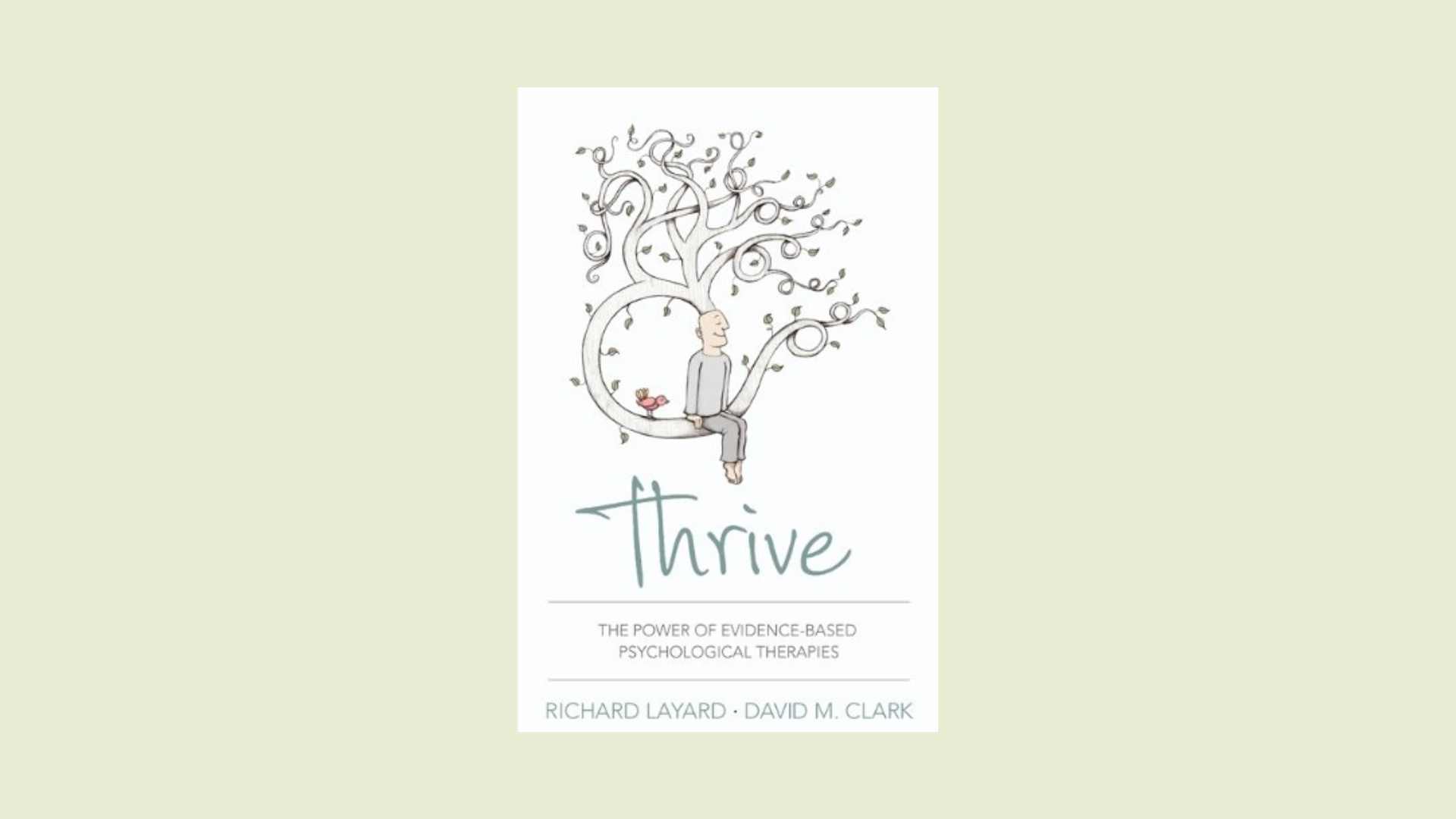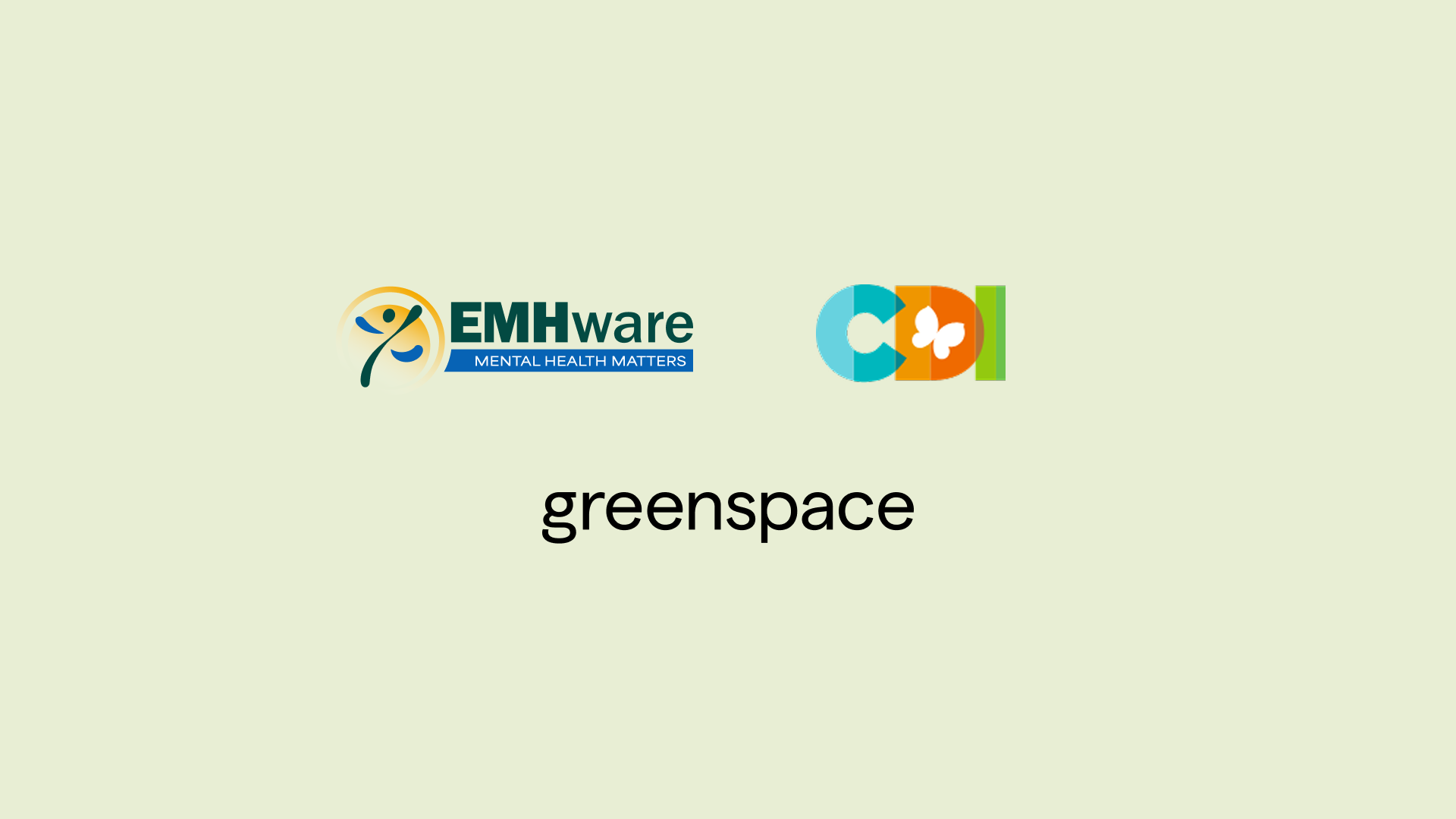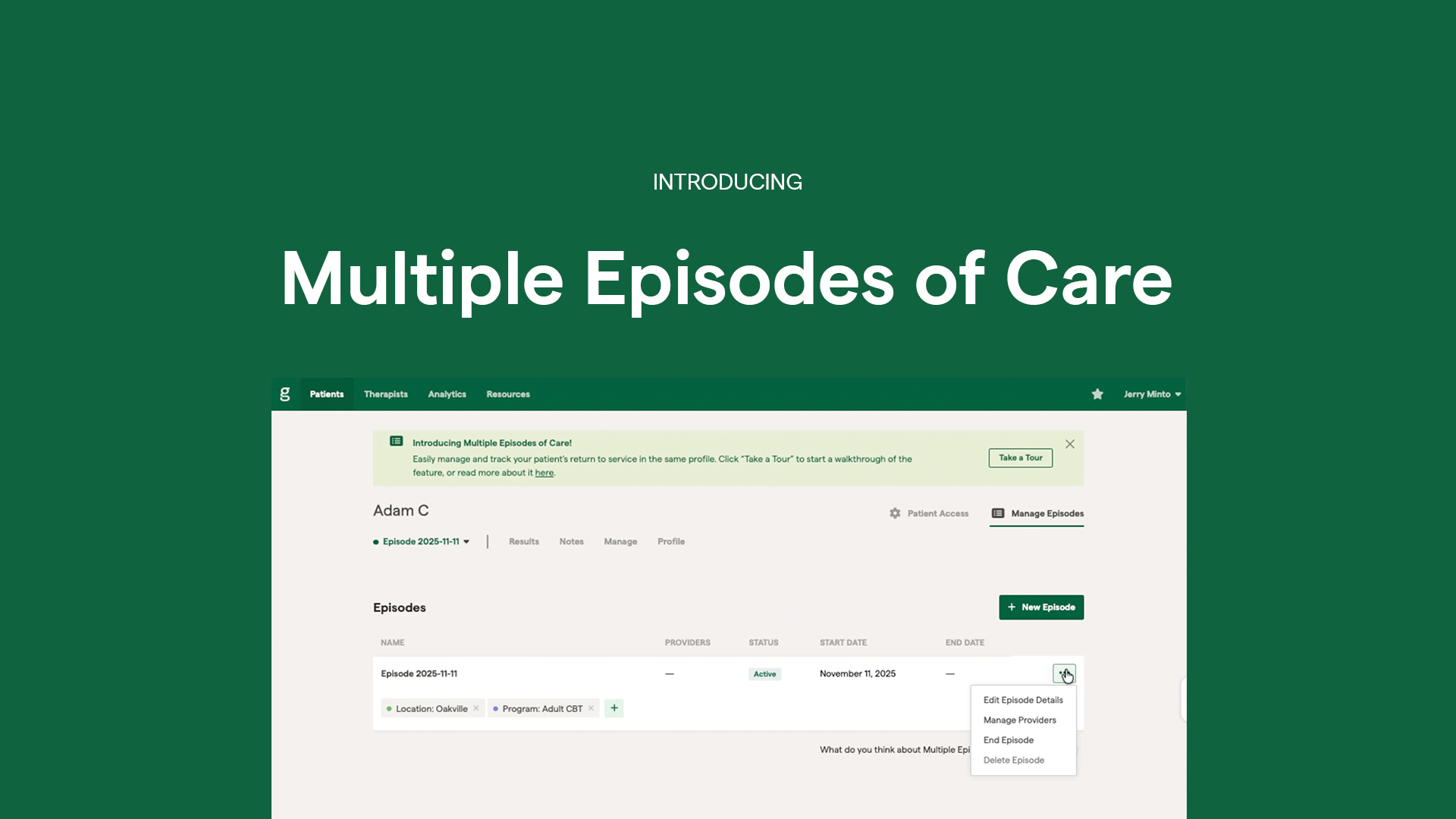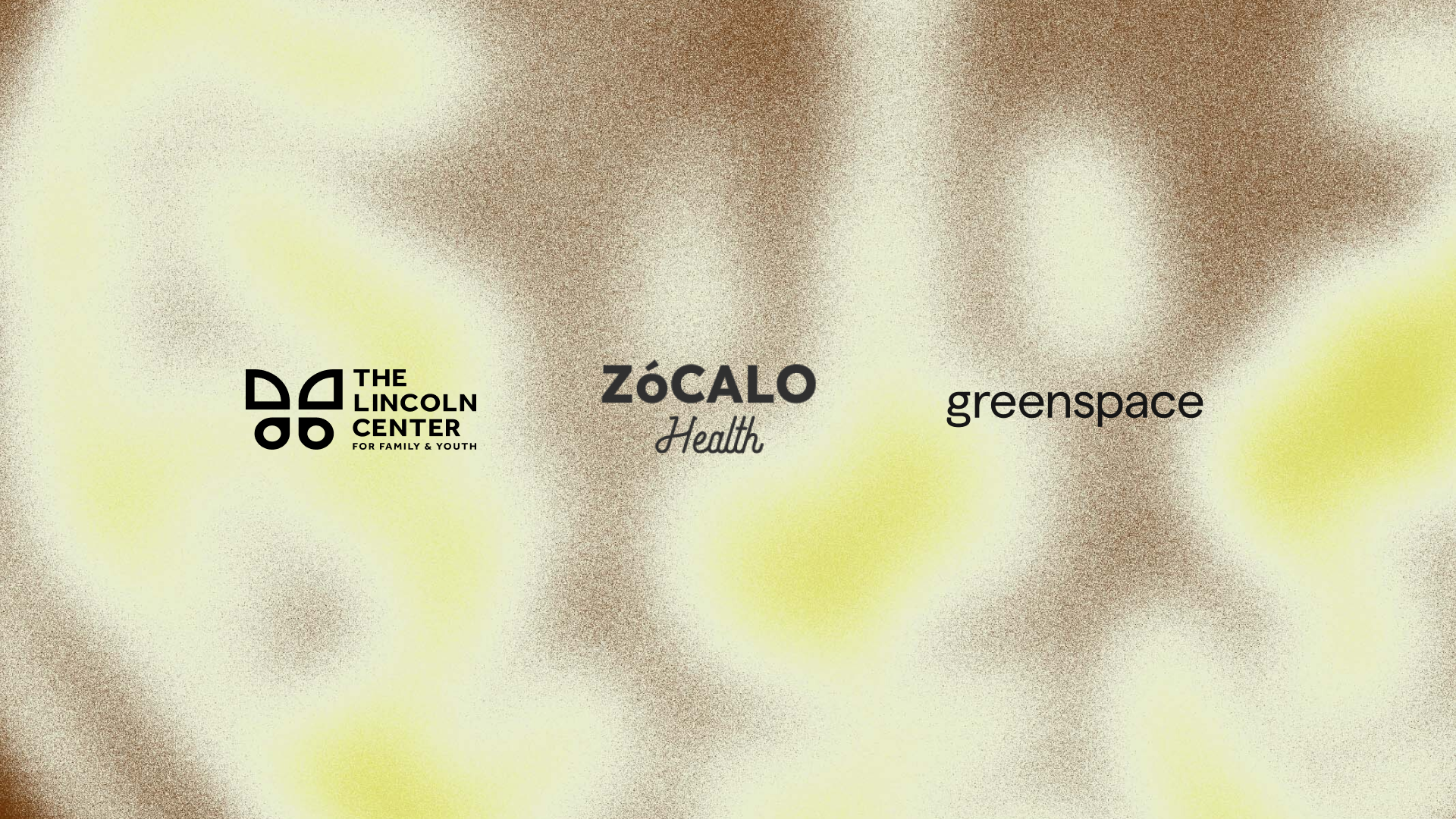
Greenspace’s beginnings were inspired by the abundance of research and evidence that clearly displays the positive impact that Measurement-Based Care (MBC) has on clinical outcomes and on the overall quality of mental health services. Greenspace was designed to empower clinics with the technology necessary to bridge the gap between this research and MBC in clinical practice. Today, the impact of MBC is clear. We see it in the results of randomized controlled trials, through the hundreds of MBC implementations we’ve supported in a range of care settings across North America, along with the influence and positive transformation its having on entire health systems.
There is a foundational reading that is given to every new employee at Greenspace, called Thrive: The Power of Evidence-Based Psychological Therapies, written by Dr. David Clark and economist, Richard Layard. The book explores the importance of evidence-based psychological therapies and MBC in improving mental health and well-being across health systems. The authors dive into the rationale behind the NHS Talking Therapies program (originally known as Improving Access to Psychological Therapies or IAPT), and how MBC can fundamentally transform the landscape of mental healthcare within a national system.
Since Thrive is an important reading for Greenspace, we thought we’d share some of our key takeaways, as well as the insights that are helping drive the MBC movement forward. Let’s start with some background on NHS Talking Therapies.
NHS Talking Therapies
The NHS Talking Therapies program was initiated in the United Kingdom in 2008, under the name IAPT, with the vision to drastically improve mental healthcare services across the UK. Driven by the understanding that psychological therapies can significantly improve the lives of individuals suffering from mental health issues, the program aimed to make these therapies more accessible and provide timely, evidence-based interventions to those in need.
The core goals of the program are to assess everyone experiencing any range of mental health problems and deliver a course of evidence-based psychological therapy, and to leverage MBC as a core component of treatment for anyone suffering from disabling anxiety disorders and/or depression. The impact of NHS Talking Therapies has been extraordinary, revolutionizing mental healthcare delivery in the UK and improving outcomes across the population.
Thrive is essentially the guidebook behind launching a program like NHS Talking Therapies. It presents all of the data that Dr. David Clark and economist, Richard Layard, leveraged to make the case for the program, as well as an evaluation of its success so far. Here are a few of our key takeaways from Thrive and the NHS Talking Therapies Program, that have become foundational to the MBC movement and our work at Greenspace.
Thrive: The Key Takeaways
1. Evidence-based therapies and standardized treatment models are extremely effective in treating all kinds of mental health problems.
The NHS Talking Therapies program has prioritized the use of evidence-based therapies, such as Cognitive Behavioural Therapy (CBT), which have been extensively researched and proven to be effective for various mental health conditions. By ensuring a standardized approach to care, it has also improved the quality and accessibility of these psychological therapies across the country.
The results from the program have shown significant improvements in patient satisfaction, functioning, symptoms, and overall quality of life. In fact, individuals who receive therapy through the program experience reduced symptoms of depression, anxiety, and other common mental health disorders. More importantly, these improvements have been sustained over time, indicating the long-term benefits of evidence-based psychological therapies.
2. The more outcome data you collect, the more you learn, the more care quality can be improved.
The NHS Talking Therapies program has collected an immense amount of recovery and reliable improvement data from the clients they’ve treated. They’ve created a data dashboard that is easily accessible to anyone interested, making the results of the program transparent to the population and decision makers. The data has helped to inform and drastically improve their services, it’s allowed participating organizations to learn from each other, it’s boosted funding advocacy and influenced policy-making, and it’s allowed other countries to replicate program. As one example, they’ve leveraged outcome data to identify non-responding groups of patients, and iterated their services leading to a drastic improvement in results for those patients. MBC empowers them to be in a continuous cycle of delivering programs, understanding the results, and leveraging those insights to improve care.
3. Integrated and collaborative care structures enhance our ability to treat whole populations.
The UK program has paved the way for a more integrated approach to mental healthcare. By collaborating with primary care providers, the program has ensured that individuals receive timely interventions and appropriate referrals to specialized services whenever required. This comprehensive approach has enhanced the overall effectiveness of mental health treatments, leading to better outcomes for patients.
4. If you encourage a culture of learning, providers will be more engaged and clients will see greater symptom improvement.
NHS Talking Therapies aims to have fully trained and experienced staff available to support the training of providers and be available for support on more complex cases. Trainees are encouraged to learn from their experienced peers through modelling, where they sit in on sessions and can ask questions about the techniques or approach used.
Greater success has been seen when leadership has an action plan to support staff through regular learning and reflection on recovery and reliable improvement data, rather than measuring success based on, as an example, the number of clients seen or qualitative feedback alone. In discussing these metrics regularly, giving feedback to staff, and creating a supportive learning environment where clinicians can share what works and what challenges they run into, Talking Therapies has strengthened their providers ability to responsively treat every individual that comes through the program.
5. There are major economic gains when Measurement-Based Care is leveraged as a foundational component of evidence-based mental health treatment.
The NHS Talking Therapies program was established with the recognition that mental health conditions impose a significant economic burden on individuals, families, and society as a whole. Research presented in Thrive indicates that the benefits of providing psychological therapies far outweighs the cost of the intervention. In fact, by providing effective treatment early on, the program reduces the need for more intensive and costly interventions in the future.
Additionally, the authors emphasize that timely and effective interventions reduce the costs of physical healthcare for individuals struggling with their mental health and helps people in care return to work sooner, reducing absenteeism and reliance on welfare benefits, and improving overall productivity. This translates into economic gains for individuals, employers, governments, payors and insurers. The book highlights a study that estimates that for every £1 invested in the program, there is a return of £4 in terms of reduced healthcare costs, reduced work-related benefits, and increased tax revenues. While the primary benefit of MBC is improved services that help people access the effective care they need, there is also a strong case for financial ROI.
Final Thoughts
If you’re staying tuned to Greenspace, you’ve likely heard us share insights similar to these before. The case for MBC outlined in Thrive has helped fuel the NHS program and sparked a global movement establishing MBC as a foundational component of evidence-based care.
Thrive stands as an important resource for policymakers, mental healthcare professionals, and individuals seeking to understand the power of evidence-based psychological therapies. It reinforces the urgent need to invest in mental health services and highlights the immense benefits that can be achieved when evidence-based approaches are at the forefront of care.
We recommend reading Thrive to anyone in the mental health industry looking to deepen their knowledge on MBC.
We are thrilled to welcome Dr. David Clark as the featured guest on our next webinar. We cannot wait to learn more from one of the most influential leaders driving MBC forward and redefining how a great mental healthcare system can, and should, function. Don’t forget to register for our educational session taking place on July 25th at 1pm EDT/10am PDT: Revolutionizing Mental Health Treatment: Dr. David Clark on the Power of Measurement-Based Care.












